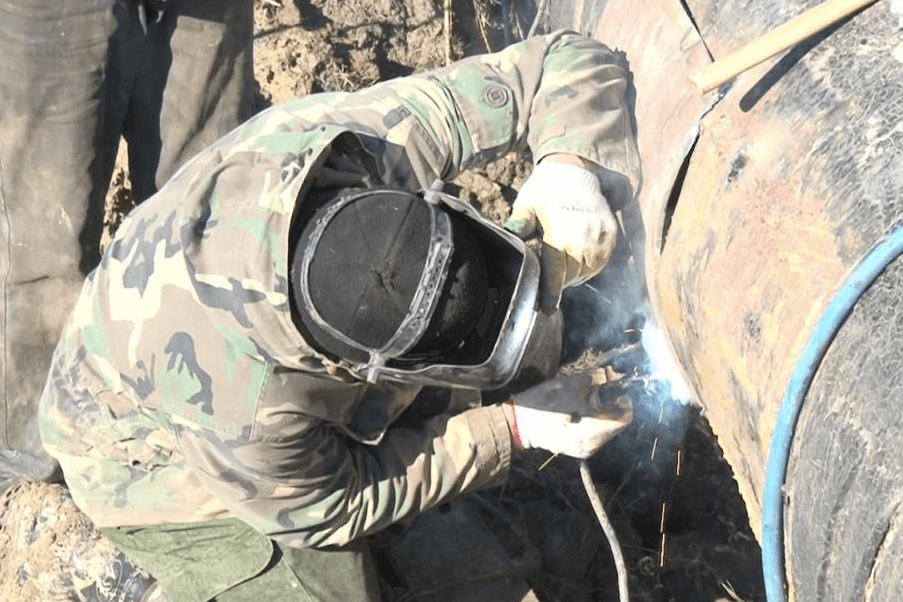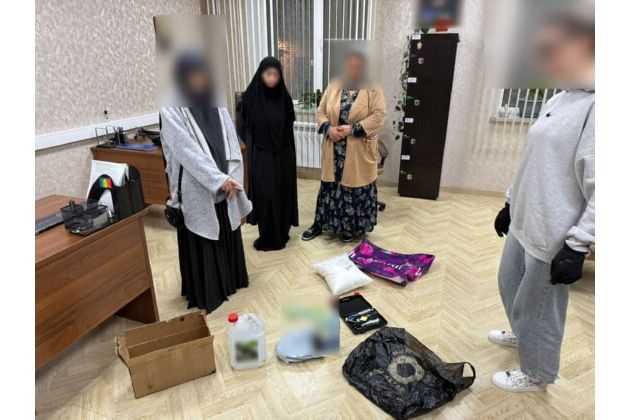
The Buynaksk City Court in Daghestan has fined the former director of the city’s municipal water utility company ₽80,000 ($1,000) for violating sanitary regulations, leading to the poisoning of hundreds of local residents.
According to the case materials, between 6–12 June 2024, over 270 people, including children, were affected after water contaminated with dysentery, rotavirus, and norovirus entered the drinking water system in Daghestan. At least 44 people sought medical assistance with symptoms of intestinal infections. The incident prompted a large-scale vaccination campaign against hepatitis A, and local mayor Islamudin Nurgudaev resigned.
Daghestan’s Prosecutor’s Office announced plans to appeal Monday’s sentence against the unnamed official, seeking a harsher punishment. They also said they were preparing lawsuits to seek compensation for victims.
According to the Prosecutor General’s office, the incident was caused by a ‘failure to promptly eliminate emergency leaks’, which allowed wastewater to enter the drinking water supply. Case materials noted that the sewage malfunctions were neither identified nor addressed in time.
Several similar incidents have recently occurred in Daghestan. This July, in the Magaramkent district, another outbreak occurred after a failure in the water supply system led to over 370 residents being infected, 97 of whom were hospitalised — the majority of them children. Authorities stated that the cause was the infiltration of pathogens through a faulty pipeline and insufficient purification. By mid-July, the number of reported cases had risen to 450.
There have been other water-related poisonings from previous years.
In 2021, the Head of Daghestan, Sergei Melikov, stated that there had been four cases of mass poisoning over the course of several months, all of which were caused ‘specifically by water’. According to Melikov, local residents were partly to blame: ‘Poisonings also occur because owners of individual residential buildings discharge wastewater into bodies of water that serve as drinking sources for others’, he said.
‘There is a glaring contradiction between the enormous potential of the republic and the depressing quality of life of its residents — Daghestanis’, Melikov admitted during a speech at the Federation Council at the time. ‘Most of the population is deprived of quality drinking water and lives without proper sewage infrastructure.’
That same year, around 359 people in Buynaksk fell ill with acute intestinal infections due to water contamination. The official responsible at the time, Abdulvagab Sharipov, was fined ₽100,000 ($1,300).
In 2024, the Consumer Rights Service declared the water in the northern districts of Makhachkala and its suburbs unsafe for drinking. Among the cited causes were failures in water purification technologies and violations of water supply regulations. There have been regular reports of mass intestinal infections linked to poor water quality in the republic.











